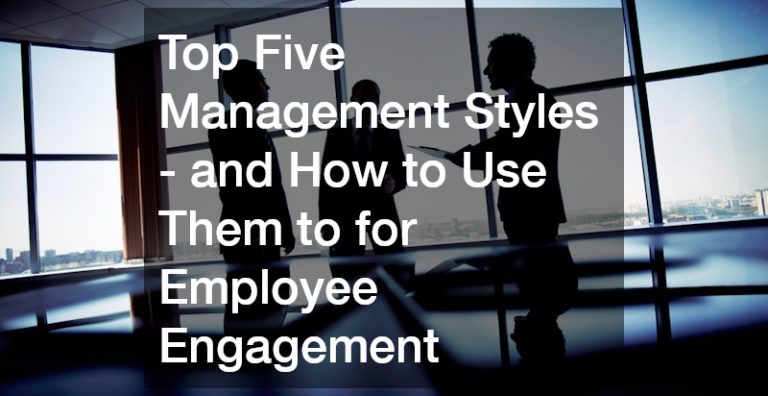Real estate has long been one of the most popular forms of financial investment, producing some of the world’s wealthiest people. But before you start investing in a rental property, it is crucial to understand all of it. This will help you make better decisions and prevent you from taking too many losses.
Take, for example, the cost. How much does it really cost to run a rental?
Legal Fees, Insurance Fees, and Taxes
Just like managing your own home, you must pay property taxes, insurance, and any association fees linked with rentals if you own a rental property. These costs must be paid even if your units are unoccupied.
Note that insuring a rental unit is comparatively more expensive than a non-rental. A landlord’s insurance rate is around 25% more than a homeowner’s insurance premium. Because of this, the cost of insuring a rental property with landlord insurance coverage is greater. Your renters’ rent should be enough to pay the higher expenditures, but don’t rely on this too much because they may quit before their contract expires.
The Cost of Maintenance and Upkeep
The fact that you rented out your property does not absolve you of liability for it. The reality is, you’re all the more responsible for it! Your tenants will contact you if the sink breaks or a light switch goes out. You might be able to do certain repairs on your own. On the other hand, others will most likely necessitate the hiring of outside assistance. You might have to hire roof replacement services for broken roofs or a professional plumber for leaky pipes. Consider this expense as an investment.
At the end of the day, maintaining the property upholds the safety of your property. If you have good renters, you want them to enjoy their stay in your unit so that they’ll rent it for as long as they’d like. Expenses for electricians, carpenters, and other professionals should always be factored into your budget. It is the most effective method for planning for anticipated maintenance costs.
Managing “Bad” Tenants Can Be Expensive

There are no nasty renters in Utopia, and you, as a joyful landlord, may relax with a cool drink. In a perfect world, there are no nasty tenants and the landlord only needs to relax and sit back. Unfortunately, life is not so convenient nor easy, and whether you like it or not, you may have unpleasant interactions with renters that live in your rentals.
The challenge of owning rental property is understanding how to manage “bad” tenants and being careful in who you rent your real estate assets to. Of course, unsatisfactory and uncooperative tenants will raise your unanticipated expenditures. They can even take you to court. Nobody wants a lawsuit. Therefore, keep your tenants pleased and attempt to meet as many of their expectations as possible to avoid this. It’s also smart to be picky with who you accept, and don’t forget to conduct background checks, credit checks, and reference checks.
Listening to the Wrong Advice Can Cost You a Lot
Looking for the cheapest alternative may lead you astray, especially if you’re listening to the wrong people. If you have a lawyer, accountant, or even a property manager, you should have faith in what they say. They’re professionals for a reason.
Getting the correct legal representation now might save you hundreds of dollars afterward. The right advice from the right professional will save you not just money but sleepless nights and headaches. It is always better to progressively build a network of individuals who can assist you or give you precious advice in managing your real estate property. This advice can be a significant factor in your success, but if you listen to, wrong people, it can also be very disadvantageous for you.
Vacancies Are Expensive
Any rental property, including yours, will inevitably experience a vacancy. It is important to remember that even if your property is unoccupied, you still pay taxes and other expenditures while receiving nothing in return.
The sad truth is that vacancy is unavoidable and will happen at some point. If you have a large number of rental properties, an empty unit might not cost a lot, but what if you suddenly find yourself with half a dozen of vacancies? Mortgage hikes are difficult to pull because the renters might leave, and no one will look at your vacant residences.
Final Thoughts
The costs of a rental property are drastically different from the costs of your day-to-day expenses. Now that you are aware of the often undisclosed costs of real estate, you can make an informed investment decision.



